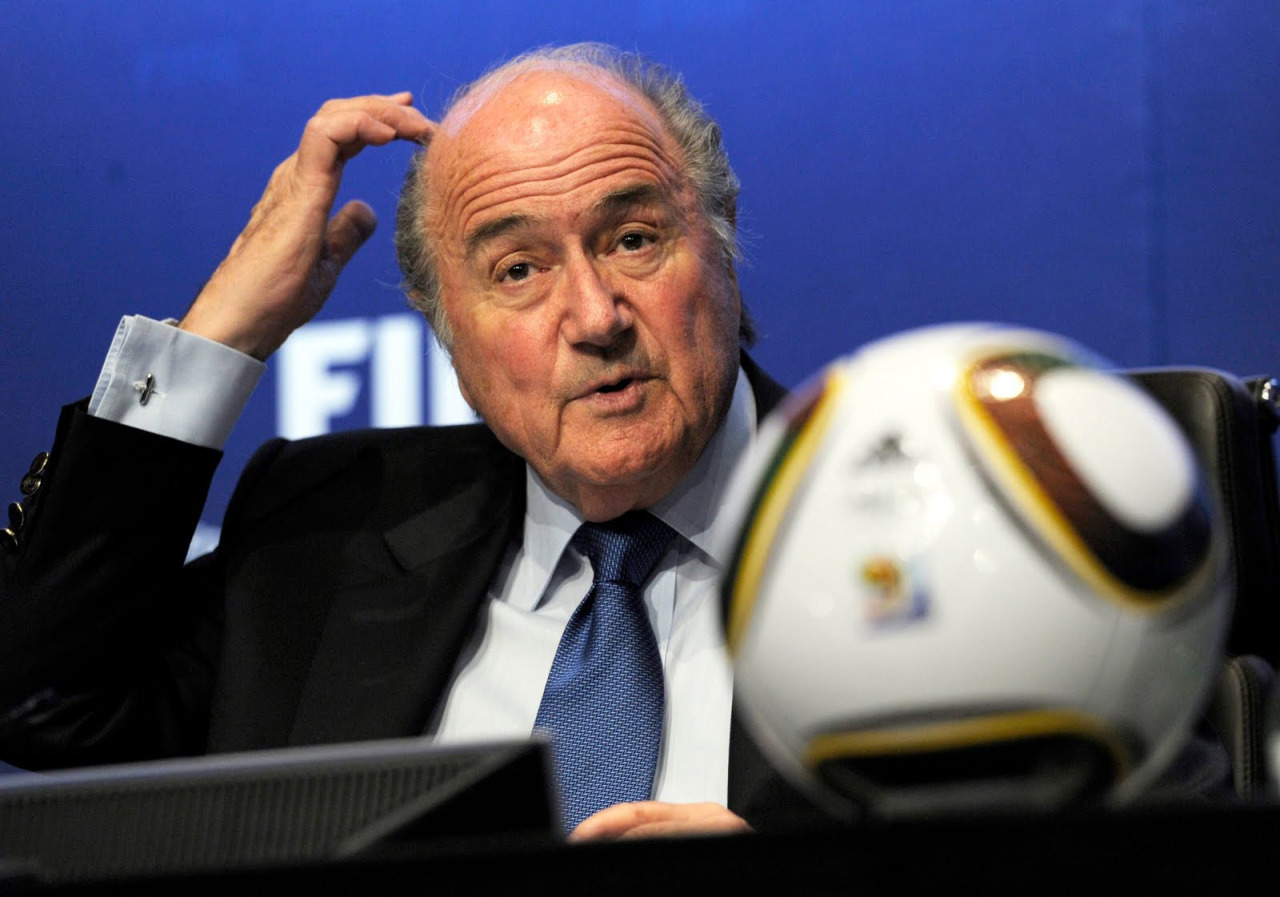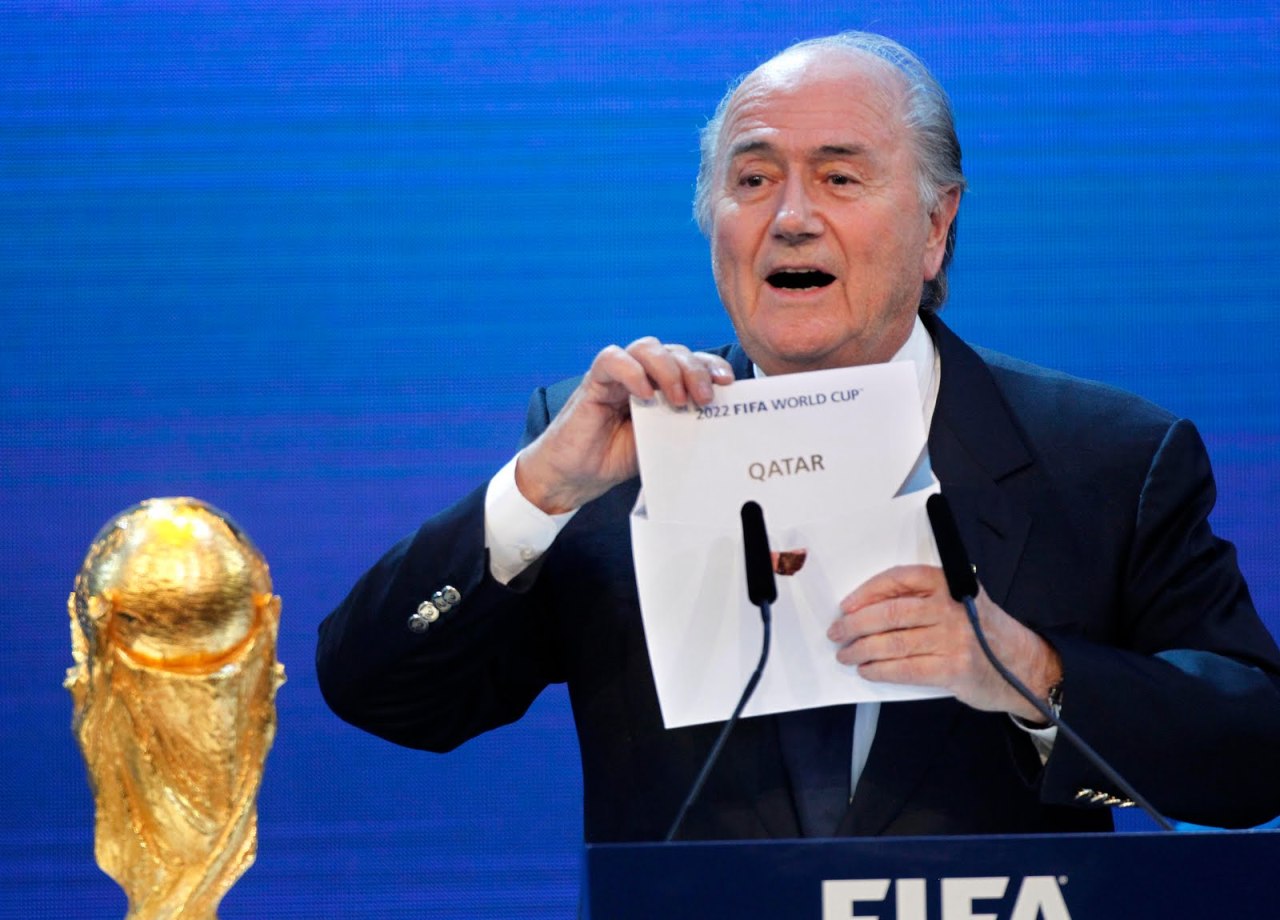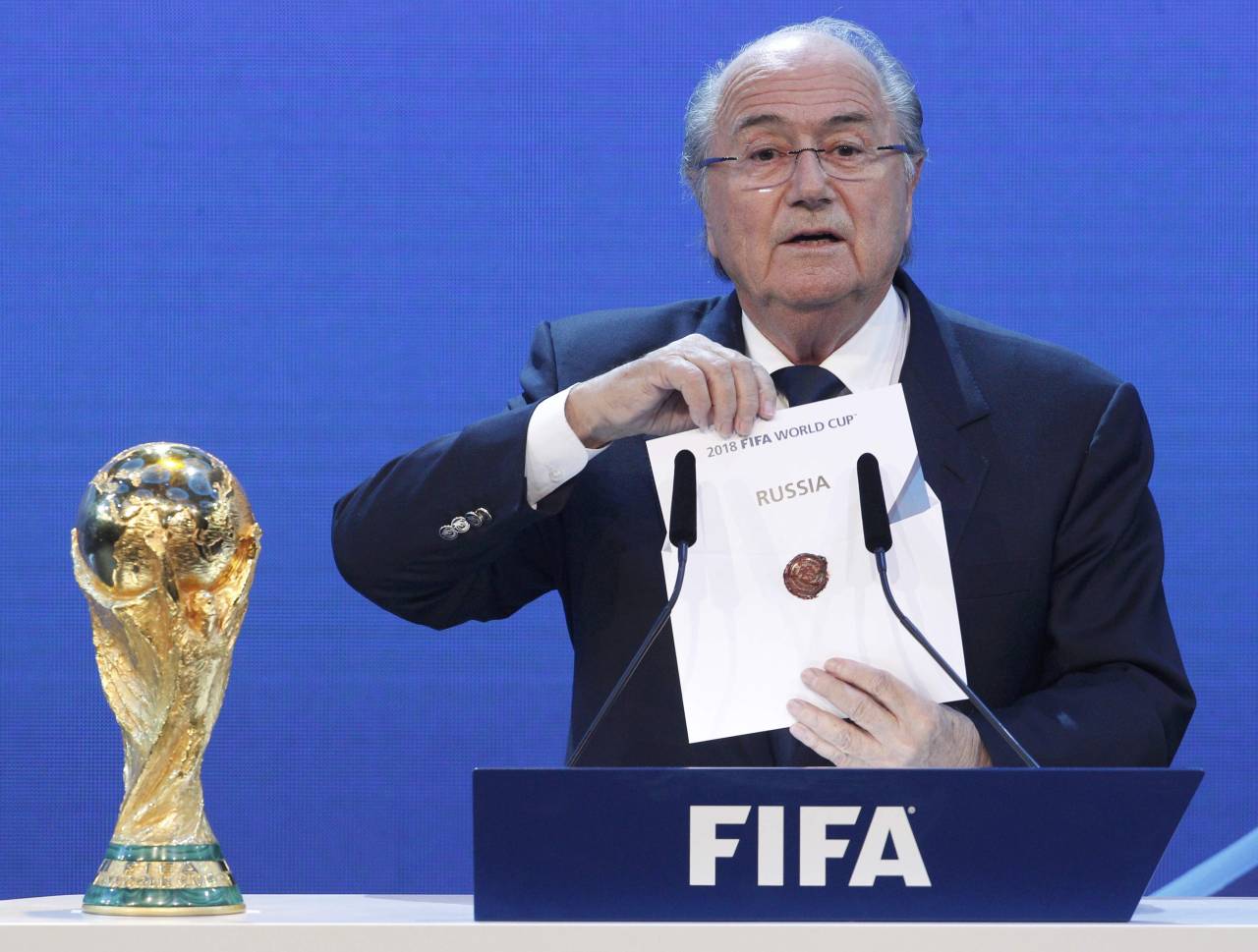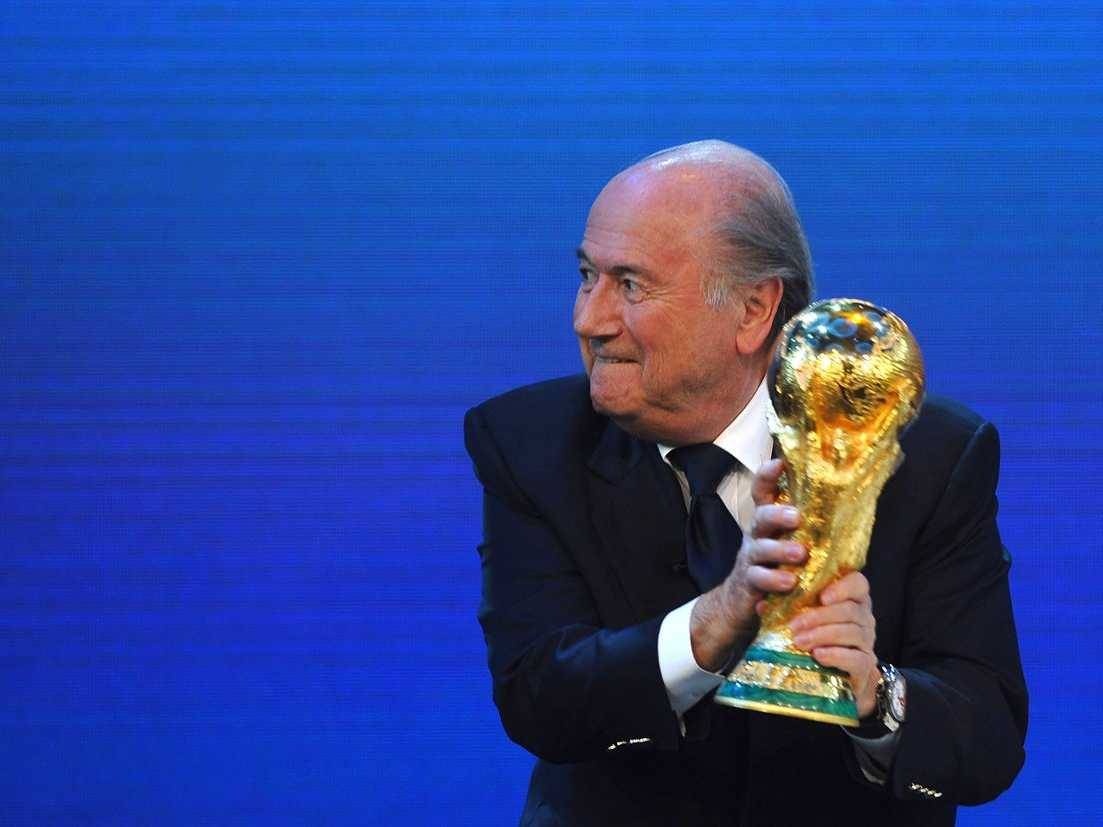LEAKED: FIFA Ethics Report Revealed
LEAKED: FIFA Ethics Report Revealed

LEAKED: FIFA Ethics Report Revealed
Word spread across global media outlets Wednesday night that details of FIFA’s investigation on the 2018 and 2022 World Cup bidding process would be released the following day. While these reports included a general indication that FIFA would absolve Qatar and Russia of any misbehavior or financial malfeasance in a summary statement, exact details were left aside, as a full copy of independent investigator Michael J. Garcia’s probe would not be released. However, after a great deal of effort, we can provide those details for you: A Football Report has a copy of FIFA’s Garcia Report.
The 360-page document is stunning in its portrayal of FIFA’s innerworkings and depicts football’s governing body in meticulous, comprehensive detail. As much of the dossier centers upon the more banal elements of investigatory proceedings, we have culled the most pertinent and pressing conclusions and evaluations from Mr. Garcia’s report.
On corruption claims:
“Claims of corruption and monetary gifts, while factual, have been overstated. Requisitioned emails indicate that all participating bid nations took part, and to some extent, attempted to buy bids. While Qatar deposited upwards of $1 million into offshore accounts belonging to FIFA representatives, bank statements and detailed wire transfer transactions indicate that other nations followed course: subpoenaed credit card statements indicate that the English FA purchased £600 worth of Nando’s gift cards, while the U.S. delegation splurged hundreds of dollars on American flag lapel pins and pocket American Constitutions.” (p. 34)
Later, the document continues: “In April of 2014, a whistleblower from the FIFA Executive Committee approached the aforementioned Mr. Garcia with claims that the Russian bid delegation had attempted to bribe senior officials with gold bullion. Specifically, the individual claimed to have seen a Russian representative drop a gold bar in front of an approaching Conmebol official on his way to the FIFA Executive Committee vote. Investigating these claims, we have concluded that this incident was indeed accidental, as claimed by Russian officials when pressed on the issue. The Russian official [REDACTED] indicated that he has a penchant for misplacing insignificant objects. He also indicated that during the course of the Executive Committee meeting, he had lost track of a ballpoint pen, a pair of prescription sunglasses, and the deed to a newly-built oil refinery in Siberia. This investigatory panel finds no grounds for further investigation into the matter.” (p. 36)
On the bidding process:
This investigation shed light on the innerworkings of the bidding process, which was previously shrouded in mystery. For example, Mr. Garcia’s findings provide a glimpse into the sensitive discussions that occur behind the closed doors of the Executive Committee and the group’s detailed objections to each report:
On the US bid: “While concerns in regard to travel distances were a determinant point of opposition for most members of the Executive Committee, additional objections were discovered. The US’ plans for the World Cup were deemed incompatible with FIFA’s marketing objectives. Turf fields, American football lines on the pitch, and a steadfast desire for all national anthems to be played via electric guitar caused most members to look elsewhere. Additionally, the US’ objections to Budweiser as the primary beer sponsor due to their Belgian ownership group was a breaking point. While Budweiser is often referred to as "The Great American Beer,” the US delegation claimed that King Cobra provided a more accurate representation of the American flavor palate.“ (p. 84)
On the England bid: "Though the Executive Committee was enchanted by the prospect of "football coming home” to England, the birthplace of the sport in its modern form, most members were ardently opposed to the bid from the outset. One official from Saudi Arabia pointed towards the country’s political opposition to immigrant laborers. Further, an AFCON member indicated that he could not “suffer 30 days of English pies nor endure the prospect of trying to force [himself] to laugh out of politeness during their insufferable sitcoms and tedious panel programs.’” (p. 85)
On the Belgium-Netherlands bid: “Investigators intercepted a Facebook thread circulating between Executive Committee members simply titled, "I can’t tell if this is a joke or not.” (p. 86)
On the Australia bid: “While Executive Committee members initially viewed the Australian bid in a positive light, their stances changed once they discovered the tournament would be played in multiple cities. One official from France indicated that he would support the tournament if all games were played in Sydney. Venturing outside of the city limits "posed a great threat to one’s safety, with wombats, drop bears and bogans too much to endure.” (p. 86)
On bid evaluation reports:
“Initial bid evaluation reports failed to take into account the impact of rising global temperatures as a factor in determining hosting suitability. By 2022, summer heat in Qatar will be even harsher than previously thought, with initial estimates placing summer temperatures at over 54°C or nearly 130°F. The Executive Committee, however, also failed to account for Qatar’s innovative responses to these challenges; including roving, air-conditioned clouds, misters spread throughout the concourses surrounding the stadia, and complimentary Sunny Delight drinks provided to fans sitting in the lower bowl. Fans in the upper bowl will be entitled to one complimentary glass, but must enter into a pre-arranged contract and forfeit their passports at the gate.” (p. 59)
Pages later, the report continues: “Recent investigations produced by major media organizations have uncovered a variety of apparent human rights abuses on the part of construction firms charged with the development of sites for the 2022 World Cup. The investigatory panel researched these claims and found a variety of scientific literature absolving the Qatari delegation of any wrong-doing. Multiple peer-reviewed studies indicate that people working toward spreading the beautiful game have a higher threshold for pain than the average individual. As such, any comparisons to current health and safety standards for ordinary laborers are invalid.” (p. 60)
On implicated officials:
On Sepp Blatter’s Perceived Involvement: “Despite lacking a compelling reason to investigate Mr. Blatter, this investigatory commission requested bank statements, phone logs and email access to Mr. Blatter’s personal accounts. After a thorough investigation, no financial malfeasance was discovered, save for a single credit charge of $2.50 charged to ”Flappy Bird.“ Within days, Mr. Blatter repaid the charge.” (p. 24)
Conclusion:
“This investigative report can conclude that there was no wrongdoing from any FIFA officials or national representatives during the 2018/2022 World Cup bidding process. At all.” (p. 360)











